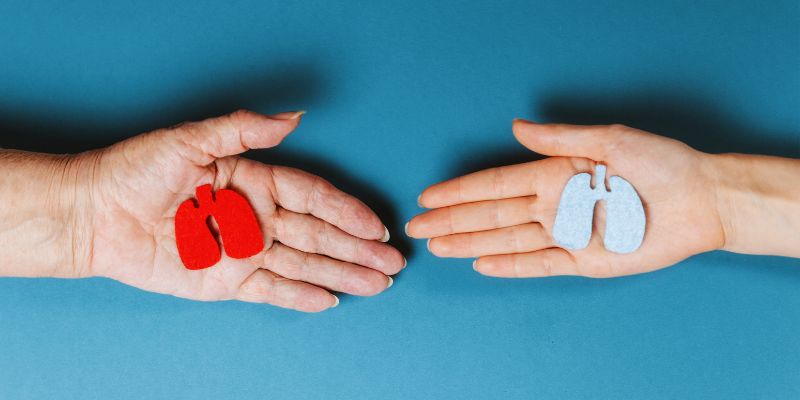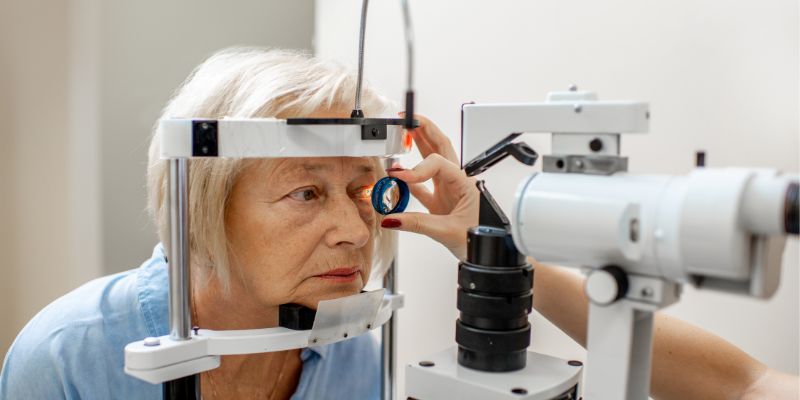ADHD Unveiled: Next Steps to Harness Your Unique Strengths
Receiving a diagnosis of ADHD (Attention Deficit Hyperactivity Disorder) can be both a relief and a challenge. For many, it answers questions about past difficulties in school, work, or relationships. However, it can also bring about uncertainty regarding what steps to take next.
ADHD is a neurodevelopmental disorder that affects attention, impulsivity, and hyperactivity, which can make daily life feel overwhelming without proper management. Whether you're newly diagnosed as a child, teen, or adult, taking actionable steps is crucial for moving forward with confidence.
What Does an ADHD Diagnosis Mean?
ADHD is a condition marked by persistent patterns of inattention, hyperactivity, and impulsivity. It's more than just difficulty focusing or forgetfulnessit affects how the brain functions, which influences behavior and emotional regulation. Common symptoms include trouble staying on task, excessive fidgeting, disorganization, impulsivity, and sometimes emotional outbursts.
If left untreated, ADHD can lead to struggles in areas like career, relationships, self-esteem, and personal well-being. However, the right treatments and support systems can significantly improve your quality of life.
Managing ADHD: Steps for Success
Managing ADHD (Attention-Deficit/Hyperactivity Disorder) involves a multifaceted approach that can enhance focus, organization, and emotional regulation. Here are some effective strategies for success:
Step One: Understand Your Diagnosis

Understanding your ADHD diagnosis is an essential first step. ADHD can manifest in different ways, which is why it's often categorized into three subtypes: inattentive, hyperactive-impulsive, or combined. Knowing which type of ADHD you have helps to tailor a treatment plan. Its also important to recognize that ADHD often coexists with other conditions, such as anxiety, depression, or learning disabilities, so make sure to discuss any additional symptoms with your healthcare provider.
Step Two: Explore Treatment Options
Managing ADHD requires a multifaceted approach, combining medical treatments with lifestyle changes. Here are the most common treatment options:
Medication: Medication can be a game-changer for many people with ADHD. Stimulants like Adderall or Ritalin are often prescribed as they help increase dopamine levels in the brain, which enhances focus and reduces impulsivity. For those who may not respond well to stimulants, non-stimulant medications such as atomoxetine may be considered.
Behavioral Therapy: Behavioral therapy, in addition to medication, is a critical component of managing ADHD. Cognitive Behavioral Therapy (CBT) can help individuals learn coping strategies to manage impulsivity, improve organization, and develop skills to navigate daily challenges.
Skills Training: Learning practical life skills is essential for long-term success. Time management, task prioritization, and organizational skills can help minimize the chaos that often comes with ADHD. There are specialized ADHD coaches who can help you implement effective strategies tailored to your lifestyle.
Step Three: Build a Support Network
Having a robust support system is vital for navigating life with ADHD. This includes not only your family and friends but also healthcare professionals, support groups, and online communities.
Finding people who understand your experience can make a world of difference. There are organizations like CHADD (Children and Adults with Attention-Deficit/Hyperactivity Disorder) that offer resources and communities for individuals with ADHD.
Step Four: Make Lifestyle Adjustments
While medication and therapy can provide a strong foundation, making certain lifestyle adjustments can further enhance your ability to manage ADHD. Here are some key areas to focus on:
Diet and Exercise: Research suggests that a balanced diet rich in protein, fruits, and vegetables can help stabilize energy levels and mood. Regular exercise, especially activities like yoga or swimming, can improve focus and reduce hyperactivity.
Sleep Management: Sleep problems are common among those with ADHD, and a lack of rest can exacerbate symptoms. Develop a routine that promotes better sleep hygiene, such as limiting screen time before bed, maintaining a consistent bedtime, and creating a calming environment in your bedroom.
Mindfulness Practices: Mindfulness and meditation can help you manage stress and improve focus. Developing mindfulness techniques can also give you tools to calm impulsive reactions and stay grounded during overwhelming situations.
Step Five: Educate Yourself and Others
Learning as much as possible about ADHD can empower you to take control of your condition. There are numerous books, podcasts, and online resources dedicated to educating people on how ADHD affects the brain and how to work with it, rather than against it.

The more you know, the better youll be able to advocate for your needs in work, school, or personal relationships. Moreover, educating those around you about ADHD can foster understanding and reduce misconceptions.
Step Six: Adjust Expectations and Be Kind to Yourself
One of the hardest things about living with ADHD is managing the frustrations that come from not meeting personal or societal expectations. Many people with ADHD struggle with perfectionism or feel guilt over missed deadlines or disorganization. Its important to adjust your expectations, recognize that youre dealing with a neurodevelopmental condition, and allow yourself grace.
Instead of focusing on shortcomings, celebrate small victories. Completing tasks, staying organized, or managing emotions in challenging situations are all achievements worth acknowledging. Learning how to balance productivity with self-compassion is key to long-term emotional health.
Conclusion
Being diagnosed with ADHD is a significant moment in life, but its only the beginning of your journey toward better understanding yourself. Armed with the right knowledge and support, ADHD can be managed effectively, allowing you to lead a fulfilling life. The most important thing to remember is that ADHD is not a reflection of your potential or worth its just one part of who you are. By exploring treatments, building a support network, and making lifestyle adjustments, you can navigate life with ADHD with more confidence and control.
While it may seem daunting, a diagnosis opens the door to effective strategies that can dramatically improve your life. So, enfold the journey ahead with the right approach, ADHD can be a manageable part of your story, not the defining factor.












